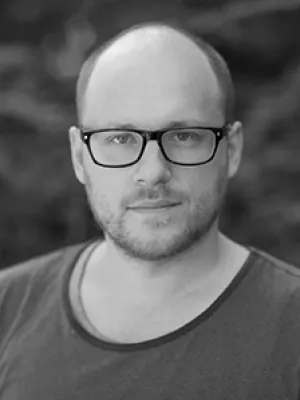
Niklas Altermark
Docent

Shaping Civil Society Leaders: Horizontal and Vertical Boundary Work in Swedish Leadership Training Programmes
Författare
Summary, in English
Civil society leadership training programmes are a new phenomenon, and they are often overlooked by civil society scholarship despite being linked to the professionalisation of the sector. In this article, we examine 14 Swedish leadership programmes in order to identify leadership ideals in the sector. Drawing on the notion of ‘symbolic boundaries’, we argue that leadership programmes produce horizontal boundaries in relation to other societal sectors and vertical boundaries between leaders of the sector and other members. Together, these symbolic boundaries form a leadership ideal that detaches leaders from their organisation and internal democratic processes, instead depicting leadership as a question of personal characteristics and values. Leaders in the sector need to be authentic and to anchor their leadership in the personal values they hold. Theoretically, our analytical model may prove useful in the study of other empirical phenomena in civil society.
Avdelning/ar
- Civilt samhälle och sociala rörelser
- Socialhögskolan
- Statsvetenskapliga institutionen
Publiceringsår
2023
Språk
Engelska
Sidor
1025-1035
Publikation/Tidskrift/Serie
Voluntas
Volym
34
Issue
5
Dokumenttyp
Artikel i tidskrift
Förlag
Springer
Ämne
- Political Science
- Social Work
Nyckelord
- Elites
- Capital
- Bourdieu
- Boundary work
- Civil Society
- Leadership
- Training
Status
Published
Projekt
- Civil society elites? Comparing elite composition, reproduction, integration and contestation in European civil societies
- Civil society elites? The composition, reproduction and integration of elite groups in Swedish civil society
ISBN/ISSN/Övrigt
- ISSN: 0957-8765

